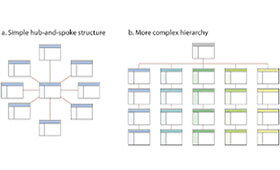
Optimizing site structure in local SEO part 2
December 18, 2015
Setting realistic expectations
December 23, 2015
Before you can optimize your website, you need to know what you’re optimizing for. Finding the right keywords to focus your SEO efforts on can be challenging. But fortunately, there’s a lot of data out there and a structured approach that we can use for our keyword research. Keywords are what searchers type into a search engine. Search engines like Google and Bing will go out and fetch the most relevant results for your search query based on everything they know about you and all the content on the entire internet. But it’s important to remember that search engines have a hard time understanding what a user is really after unless it’s really spelled out.
This is why you’ve probably followed up one search with another more descriptive search, more than a few times in your life. You try one keyword, but it doesn’t give you just what you’re looking for. So you get more specific or you try it another way. The bottom line is that people all over the world, are typing in all kinds of keywords, every second, of every hour, of every day. And it’s important for us to understand what they type in so that we can optimize our pages to be in the search results for those terms. Formal keyword research is the foundational piece in SEO that will help you understand what people are typing into search engines, how frequently they do it, how relevant those terms are to your business objectives, and how competitive those terms will be to try to rank for it.
Let’s take an example. Say you sell cars. You might think that the keyword “car” is something that you want to rank for. But after you’ve done a little keyword research, you’ll probably find that it won’t make your list. Why? Well, even though that word gets typed into search engines with a very high frequency, think about its relevance. How many reasons could someone type the word “car” into a search engine? They might be looking for toys or a place for repairs or a rental car. Any one of the hundreds of things that have nothing to do with actually buying a car.
And think of all the people out there that are also trying to rank for the word “car” in the search engines. This is an extremely competitive term. Now that we understand a bit more about keywords and keyword research, it’s time to talk about planning.
An effective keyword research plan involves having a sound and structured approach that will lead to the discovery of keywords that you can use in the content of your website. Ultimately, a keyword research plan will give you the data you need to make decisions about which keywords will give you the biggest bang for your buck and have the highest likelihood of being both relevant and profitable for your business. With billions of queries searched each month, it’s important that we understand the goals of the keyword research, what we’re looking for, and how we collect and analyze that data to make decisions on our website.




